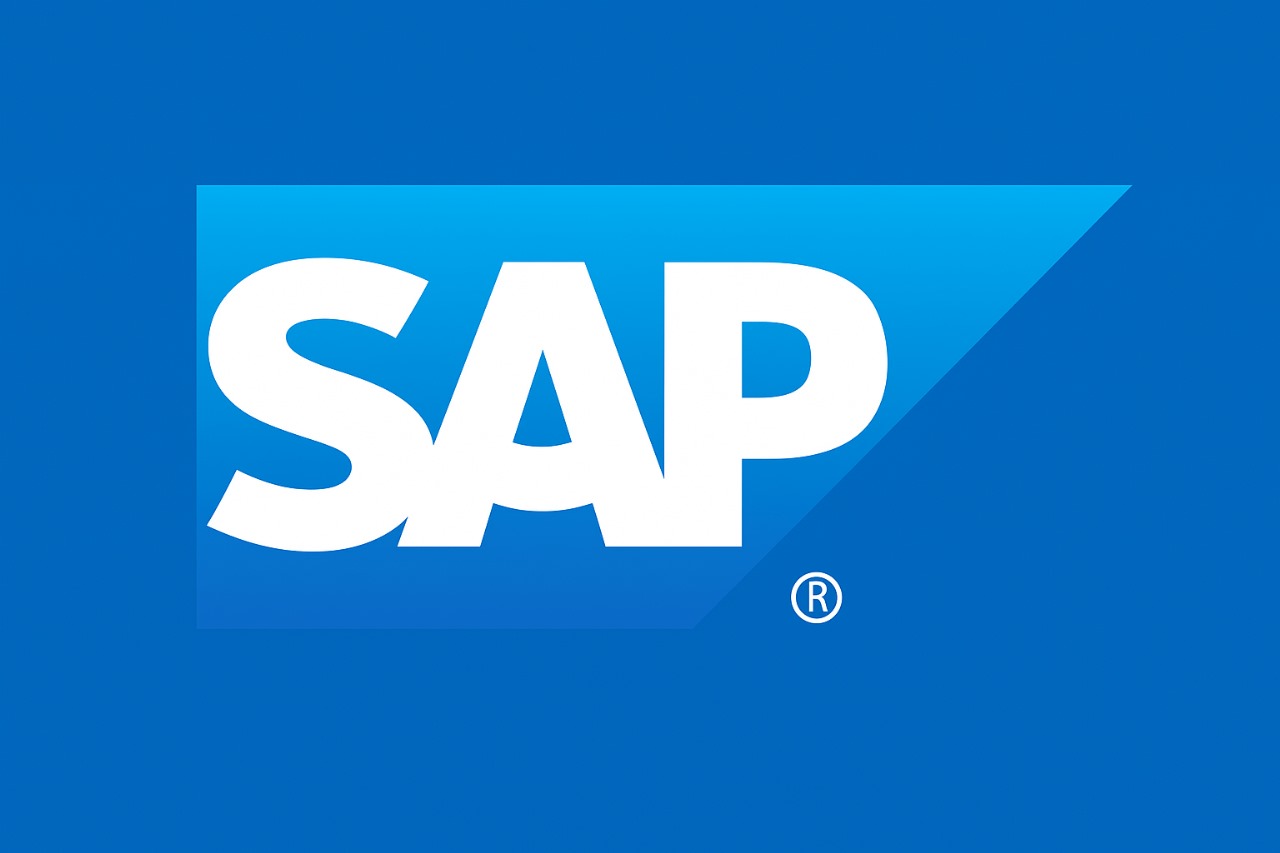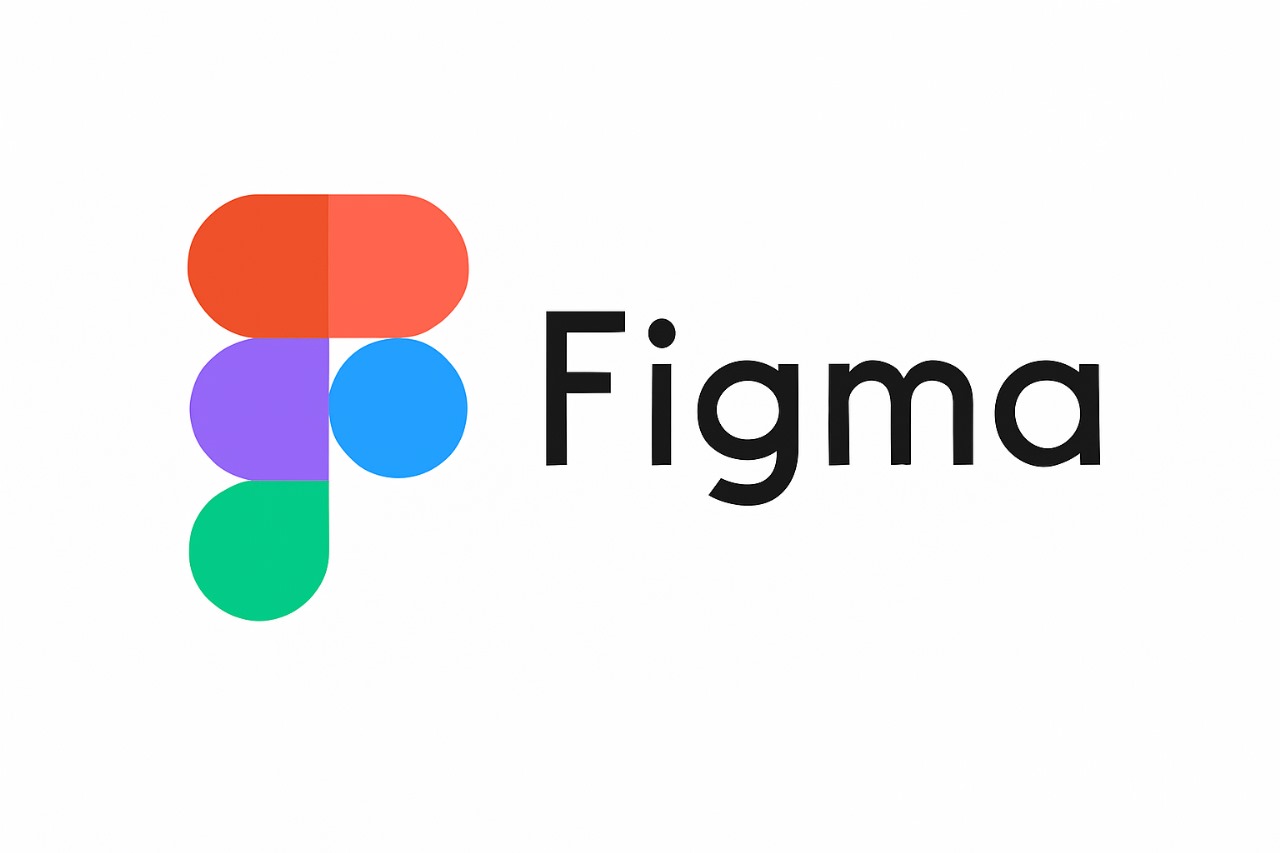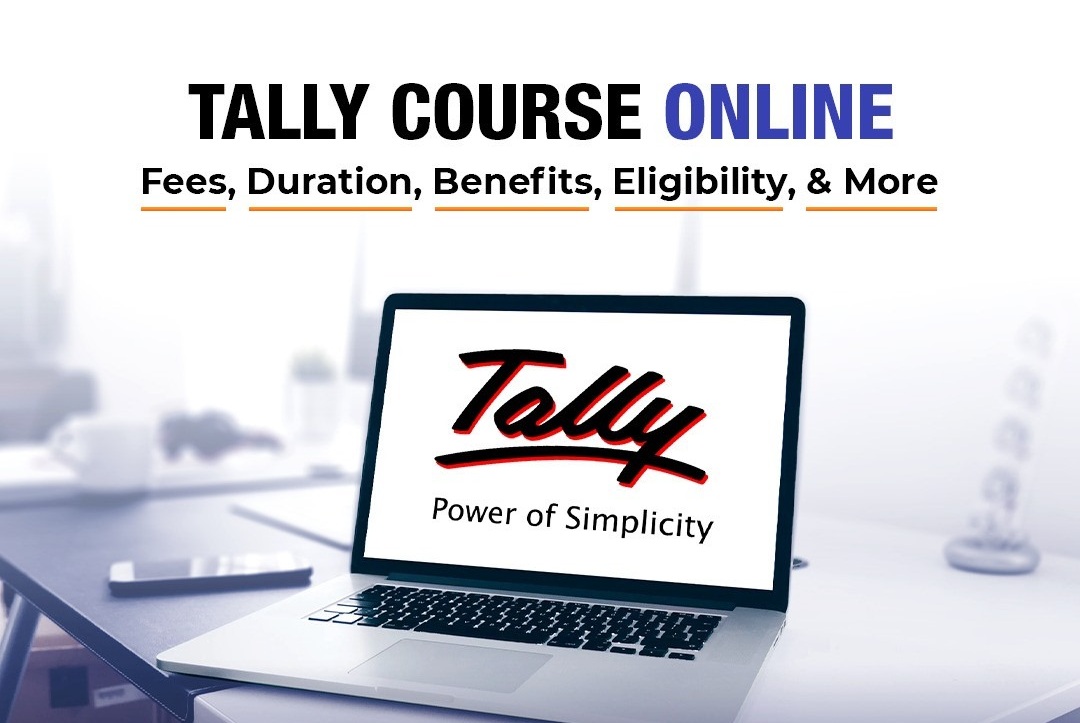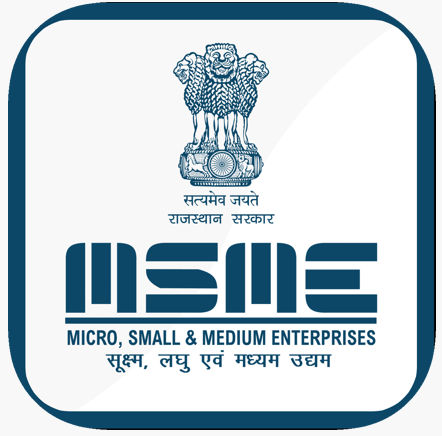GST Technologies
SEO
🔹 Day 1: Introduction to Digital Marketing & SEO
What is digital marketing?
Organic vs. paid marketing
What is SEO? Why is it important?
Types of SEO: On-page, Off-page, Technical
How search engines work (crawl, index, rank)
Practical Task:
✔️ Create a Google Search Console & Google Analytics account
🔹 Day 2: Understanding Search Engines & SEO Ecosystem
How Google ranks pages (PageRank, indexing)
Search engine algorithms: Panda, Penguin, Hummingbird, BERT, etc.
Ranking factors: Relevance, authority, trust, content quality
SEO myths and truths
Practical Task:
✔️ Study a SERP for a keyword and analyze top results
🔹 Day 3: Keyword Research Fundamentals
Importance of keyword research
Types: Short-tail, Long-tail, LSI keywords
Understanding keyword intent
Keyword metrics: volume, difficulty, CPC, competition
Tools: ✔️Google Keyword Planner, Ubersuggest, AnswerThePublic, Ahrefs (free version) Task: ✔️ Create a list of 10 high-potential keywords in your niche
🔹 Day 4: Advanced Keyword Research & Search Intent
Mapping keywords to the buyer’s journey
Commercial, transactional, informational intent
Competitor keyword analysis
Tool: ✔️ Ahrefs, SEMrush, Moz, SpyFu Task: ✔️ Analyze 3 competitor websites and find content gaps
🔹 Day 5: Content Strategy & Planning
What is a content strategy?
Creating topic clusters & content silos
Evergreen vs trending content
Planning a blog calendar
Task: ✔️ Build a 1-month SEO content plan (pillar + cluster model)
🔹 Day 6: SEO-Friendly Content Writing (Part 1)
SEO writing principles
Keyword placement strategies
Writing compelling headlines (H1) and subheadings (H2–H6)
Writing introductions that hook the reader
Task: ✔️ Write an SEO-optimized outline for a blog post
🔹 Day 7: SEO-Friendly Content Writing (Part 2)
Optimizing content readability (Flesch score)
Writing for voice search and featured snippets
Avoiding keyword stuffing
Using active voice and calls to action (CTAs)
Task: ✔️ Write a 1000-word blog post optimized for one focus keyword
🔹 Day 8: On-Page SEO Optimization
Meta tags: title, description, keywords
Image optimization: ALT tags, file names, size
Internal linking strategies
URL structures and slugs
Schema markup basics (FAQ, HowTo, Article schema)
Task:
✔️ Optimize your blog post using Yoast or RankMath SEO plugin
✔️ Add internal/external links
🔹 Day 9: Technical SEO Essentials
XML sitemaps & robots.txt
Canonical tags
Mobile-first indexing
Page speed and Core Web Vitals (LCP, FID, CLS)
SSL certificates and site security
Tools: ✔️ Google Search Console, PageSpeed Insights, GTMetrix, Screaming Frog Task: ✔️ Run a technical audit of a website and fix top 3 issues
🔹 Day 10: Off-Page SEO & Link Building
What are backlinks and why they matter
White-hat link building techniques
Guest blogging, broken link building, skyscraper technique
Anchor text optimization
Task:
✔️ Find 5 backlink opportunities in your niche
✔️ Write a short outreach email template
🔹 Day 11: Local SEO Optimization
What is Local SEO?
Setting up and optimizing Google Business Profile
Local keywords and citations (NAP consistency)
Local link-building strategies
Task:
✔️ Create or audit a Google Business Profile
✔️ List business on 3 local directories
🔹 Day 12: SEO Tools & Automation
Keyword research: Google Keyword Planner, Ubersuggest, Ahrefs
On-page SEO: Yoast, RankMath
Rank tracking: SERPWatcher, SERP Robot
Analytics: GA4, Search Console
Task:
✔️ Create a simple keyword tracking sheet
✔️ Connect a site to GA4 and GSC
🔹 Day 13: SEO Analytics & Performance Tracking
SEO KPIs: Organic traffic, bounce rate, dwell time, rankings
GA4: User acquisition, behavior, conversions
GSC: Indexing status, queries, clicks, impressions
Setting up goals in GA4
Task:
✔️ Track top-performing pages in GSC
✔️ Export a basic SEO performance report
🔹 Day 14: SEO Audit & Competitor Analysis
Full SEO audit (technical + on-page + content)
Competitive gap analysis
SWOT for SEO
Backlink profile analysis
Task:
✔️ Run a full SEO audit on your blog or website
✔️ Present 3 competitor weaknesses to capitalize on
🔹 Day 15: Final Project & SEO Strategy
Combine everything: Strategy + Execution + Tools
Create a mini SEO campaign plan
Outline goals, KPIs, timeline, content topics, and link strategy
Task:
✔️ Deliver a 1-page SEO strategy plan
✔️ Write and publish a fully optimized blog post with GSC submission
GST TECHNOLOGY






